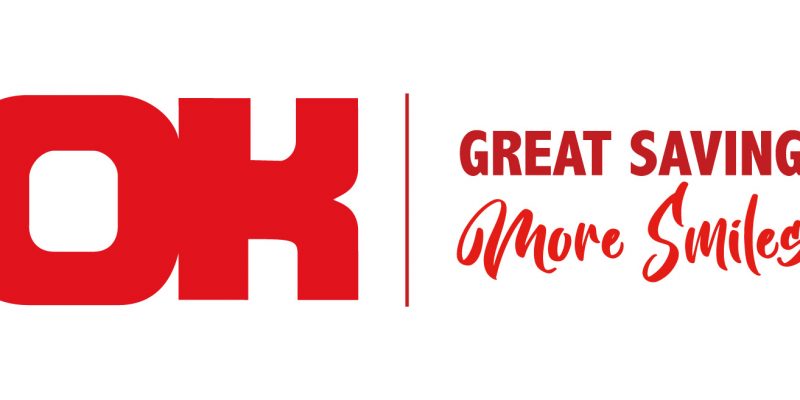After weeks of empty shelves and the closure of multiple branches due to macroeconomic issues, primarily the instability of the exchange rate, Ailing retailer OK Zimbabwe claims it is back in business and has started refilling its stores once again.
In a trading update on Monday, OK Zimbabwe confirmed that it was working with suppliers and financial institutions to stabilise its stock levels.
“The business has begun restocking the operating units with support from supplier partners as well as financial institutions that continue to assist with short-term funding structures,” OK said.
By Gamuchirai Mapako
Not so long ago, OK was one of the many retailers that made presentations to the Parliamentary Portfolio of Industry and Commerce that they were closing outlets because of high taxation, exchange rate volatility, power cuts, and growing informalisation of the economy.
“New alternative procurement models have been developed, which include, but are not limited to, a structured stock supply arrangement with a third party for supplier assurance purposes as the business works to restore critical supply relationships with both local and foreign suppliers.”
OK said it was confident of restoring normal stocking levels before the closure of the current financial year. One of Zimbabwe’s largest supermarket chains Ok Zimbabwe added that “the fortunes of the country’s formal retail sector are hinged on the stability of our exchange rate regime”, putting an emphasis on the significant role of currency stability in maintaining a viable retail sector.
Following discussions with monetary and fiscal authorities, OK Zimbabwe acknowledged a relaxation of strict regulations on in-store exchange rate policies, which had previously hampered formal retailers.
The company also applauded the actions taken to increase foreign exchange market flexibility, as laid out in the recently released 2025 Monetary Policy Statement. It did, however, call on policymakers to offer a more precise road map for a system of exchange rates that is entirely governed by the market.
“Such a liberalised system will go a long way in restoring the competitiveness of the formal retail sector,” said OK Zimbabwe.
Industry analysts caution that as the company attempts to normalise operations, the persistent economic uncertainty may continue to present potential risks to formal enterprises, which have been falling behind the expanding informal sector.









Comments